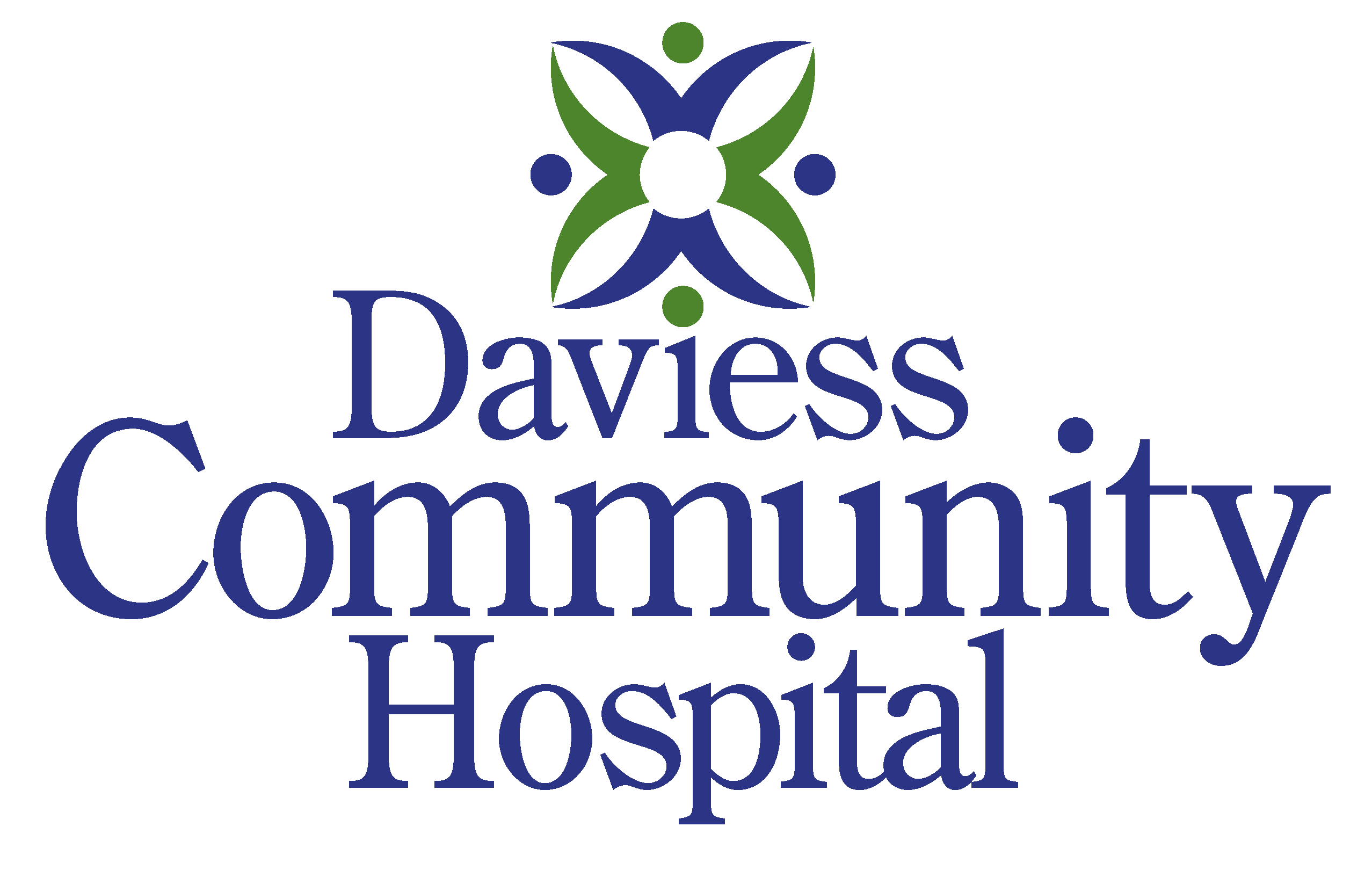
Advance Directives
Making Your Healthcare Wishes Known at Daviess Community Hospital
At Daviess Community Hospital, we believe every patient has the right to make informed decisions about their medical care—including future care preferences. One way to ensure your choices are honored is by completing an Advance Directive or Living Will.
During your hospital admission, our staff will ask whether you have an Advance Directive on file, as required by federal regulations. If you don’t have one, we’re here to help you understand your options.
What Is an Advance Directive?
An Advance Directive is a legal statement—either written or verbal—that outlines your preferences for medical care if you become unable to make decisions for yourself. It can also name someone you trust to make healthcare decisions on your behalf. This helps guide your medical team and loved ones in honoring your wishes during a serious illness or emergency.
Advance Directives are supported by the Patient Self-Determination Act of 1990, which requires all hospitals that accept Medicare or Medicaid to ask adult patients if they have one.
Our social workers and pastoral care staff are available to answer your questions and help you complete these documents if needed.
What Is a Living Will?
A Living Will is a type of Advance Directive that communicates your preferences about life-sustaining treatments in the event of a terminal condition—such as an incurable injury or illness that is expected to result in death.
This document:
- Allows you to accept or refuse life-prolonging procedures
- Ensures your right to die naturally, with only comfort care and pain-relieving medications
- Gives you the option to decline artificial nutrition and hydration, or to allow your healthcare representative or attorney to make that decision for you
Who Can Create a Living Will?
You may create a Living Will if you:
- Are 18 years of age or older
- Are of sound mind
- Complete the document voluntarily and in writing
- Sign it yourself or direct another person to sign in your presence
It must also be:
- Dated
-
Witnessed by two competent adults who are not:
- Related to you
- Financially responsible for your care
- Heirs or beneficiaries of your estate
- The person signing on your behalf
A Living Will is not legally effective during pregnancy.
What Happens After I Complete a Living Will?
- Give a copy to your physician so it can be placed in your medical record
- Discuss your wishes with your family and healthcare representative
- Know that while your physician is not legally bound to follow the directive, it serves as strong evidence of your intent
How to Revoke a Living Will
You may revoke your Living Will at any time by:
- A signed and dated written statement
- Physically destroying or canceling the document (yourself or someone acting on your direction)
- Verbally expressing your intent to revoke it
The revocation becomes effective as soon as it is communicated to your physician.
During Your Admission at DCH
When you’re admitted to Daviess Community Hospital:
- Staff will ask if you have an Advance Directive
- You’ll be offered information about creating one if needed
- An ID bracelet will be applied and you’ll be escorted to your care unit
- Nursing staff will conduct a brief health interview to ensure accurate, personalized care
